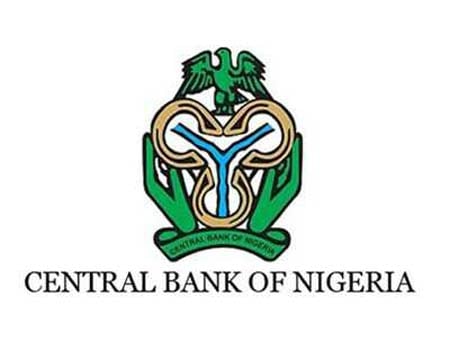
Despite the Eurobond issuance, the Central Bank of Nigeria’s (CBN) body language suggests that it is unlikely to ramp up intervention sales to pre-pandemic levels in the near term.
In a new report released over the weekend, CardinalStone Research
said this view is premised on the ongoing foreign exchange (FX) rationing (with the suspension of BDCs sales in July), existing Foreign Portfolio Investment (FPI) backlogs, and the unrepatriated dividend of foreign equity holders.
“In any case, the Eurobond liquidity is equivalent to just 1.7 months of intervention sales, assuming CBN’s pre-pandemic monthly FX supply of $2.3 billion, all else equal,” it stated.
Nigeria successfully accessed the international capital market on Tuesday last week, issuing $4.0 billion in Eurobonds.
“The issuance was spread across three tenors, $1.25 billion on the seven year, $1.5 billion on the 12-year and $1.25 billion on the 30-year instrument, with respective yields at 6.125 per cent, 7.7375 per cent and 8.250 per cent.
Total subscription was $12.2 billion, implying a bid to cover 4.1x. The firm said this was unsurprising, given the cumulative effect of high global stock of negative-yielding debt, elevated global liquidity and Nigeria’s moderate-to-low risk of debt distress.
According to the research report, while inflow from Eurobond is essential, it may not be enough to drive a material resurgence of capital inflows to the country in isolation.
“We believe that foreign investors may need better convincing before making big bets. Thus, the issue of outstanding dollar demand backlogs would need to be addressed, and the overall FX liquidity framework will need to be improved to enhance investors’ confidence.
“In addition, foreign investors may require an improved carry trade that better reflects the Nigeria risk environment, especially given the forthcoming pre-election uncertainties of 2022.
“The point on possible pre-election year risk is supported by the average capital importation contraction of 27.0 per cent in two of the last three pre-elections years,” it stated.
Following the halt in FX sales to the BDCs, the Naira has taken a turn for the worse at the parallel market, trading at a premium of 38 per cent versus 21.2 per cent at the start of the year.
It stated that this trend will likely persist as corporates and individuals who import items restricted by the CBN will continue to source FX from the black market.
“Our base case expectation is for the premium to remain elevated, save for a material increase in FX supply via other channels.
“Despite the rising debt concerns in Nigeria, the country still maintains a low risk of debt distress due to the low stock of foreign currency-denominated debts, which has masked the impact of exchange rate shocks,” the report read in part.
YOU SHOULD NOT MISS THESE HEADLINES FROM NIGERIAN TRIBUNE
We Have Not Had Water Supply In Months ― Abeokuta Residents
In spite of the huge investment in the water sector by the government and international organisations, water scarcity has grown to become a perennial nightmare for residents of Abeokuta, the Ogun State capital. This report x-rays the lives and experiences of residents in getting clean, potable and affordable water amidst the surge of COVID-19 cases in the state… October 1st: FG issues security alert ahead of celebration
Selfies, video calls and Chinese documentaries: The things you’ll meet onboard Lagos-Ibadan train
The Lagos-Ibadan railway was inaugurated recently for a full paid operation by the Nigerian Railway Corporation after about a year of free test-run. Our reporter joined the train to and fro Lagos from Ibadan and tells his experience in this report… October 1st: FG issues security alert ahead of celebration
[ICYMI] Lekki Shootings: Why We Lied About Our Presence — General Taiwo
The Lagos State Judicial Panel of Inquiry probing the killings at Lekki Toll Gate, on Saturday resumed viewing of the 24hrs footage of the October 20, 2020 shooting of #EndSARS protesters by personnel of the Nigerian Army…
ICYMI: How We Carried Out The 1993 Nigerian Airways Hijack —Ogunderu
On Monday, October 25, 1993, in the heat of June 12 annulment agitations, four Nigerian youngsters, Richard Ajibola Ogunderu, Kabir Adenuga, Benneth Oluwadaisi and Kenny Razak-Lawal, did the unthinkable! They hijacked an Abuja-bound aircraft, the Nigerian Airways airbus A310, and diverted it to Niger Republic. How did they so it? Excerpts…
WATCH TOP VIDEOS FROM NIGERIAN TRIBUNE TV
- Let’s Talk About SELF-AWARENESS
- Is Your Confidence Mistaken for Pride? Let’s talk about it
- Is Etiquette About Perfection…Or Just Not Being Rude?
- Top Psychologist Reveal 3 Signs You’re Struggling With Imposter Syndrome
- Do You Pick Up Work-Related Calls at Midnight or Never? Let’s Talk About Boundaries






